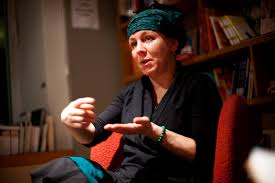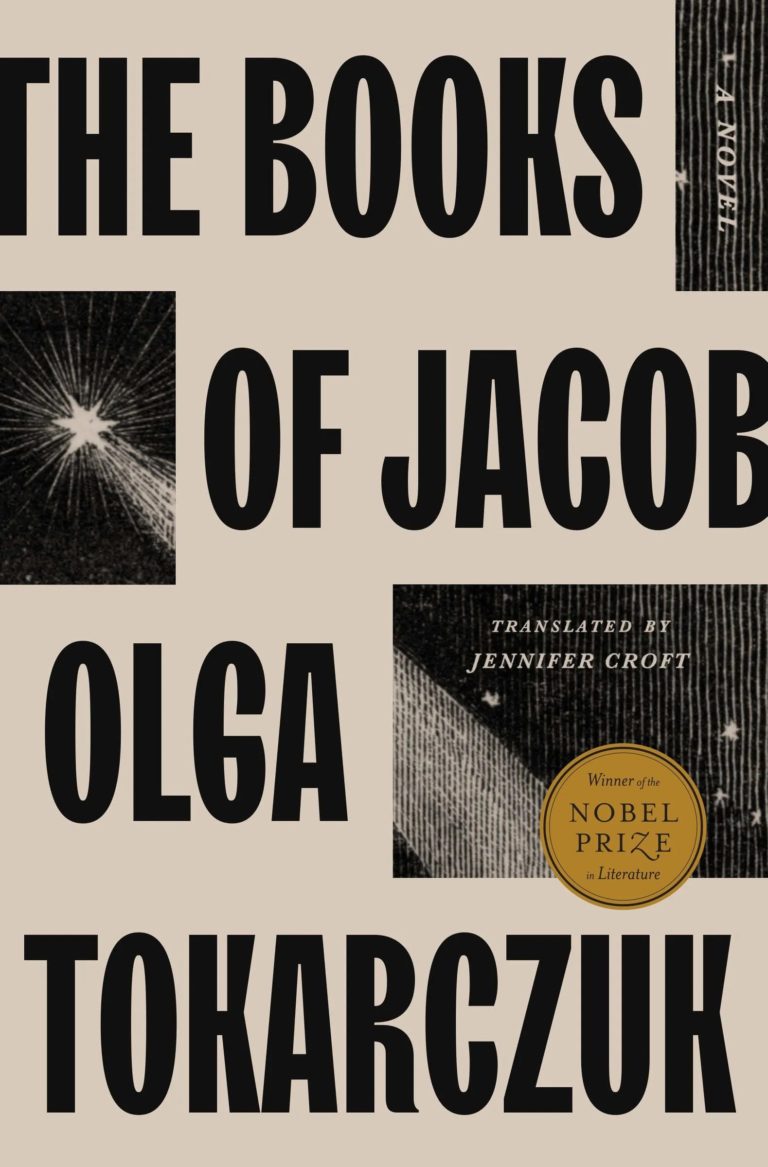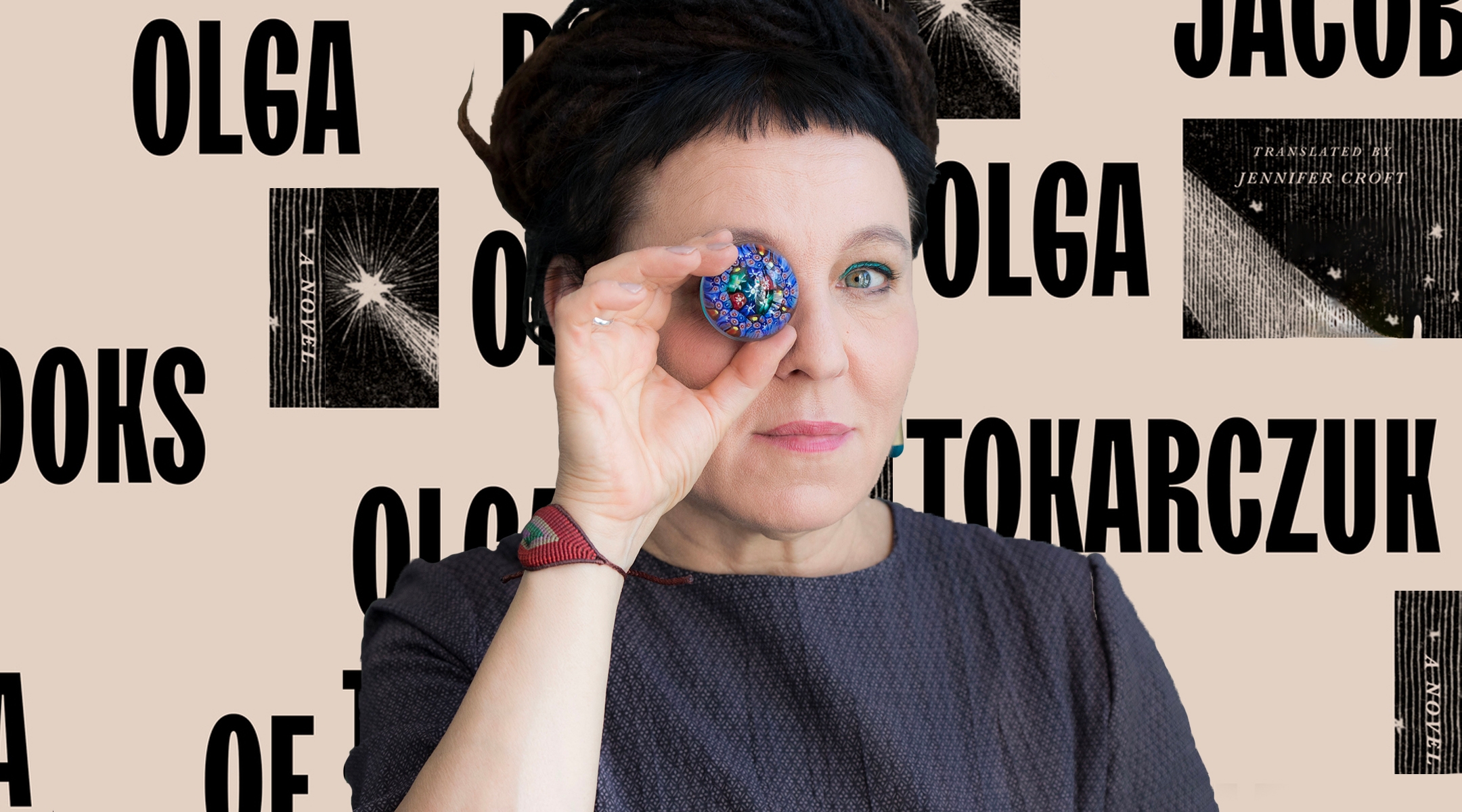


Fernando Pessoa, from The Complete Works of Álvaro de Campos.Translated from the Spanish by Elena Barcia Translated from the Spanish by Forrest Gander Mariana Berenice Bredow Vargas, Let it Go.1 – but read traditionally, front cover to back.Translated from the Armenian by Antranik Cassem In a nod to books written in Hebrew, The Books of Jacob is paginated in reverse, beginning on p. Narrated through the perspectives of his contemporaries-those who revere him, those who revile him, the friend who betrays him, the lone woman who sees him for what he is- The Books of Jacob captures a world on the cusp of precipitous change, searching for certainty and longing for transcendence. The story of Frank-a real historical figure around whom mystery and controversy swirl to this day-is the perfect canvas for the genius and unparalleled reach of Olga Tokarczuk. In the decade to come, Frank will traverse the Hapsburg and Ottoman empires with throngs of disciples in his thrall as he reinvents himself again and again, converts to Islam and then Catholicism, is pilloried as a heretic and revered as the Messiah, and wreaks havoc on the conventional order, Jewish and Christian alike, with scandalous rumors of his sect’s secret rituals and the spread of his increasingly iconoclastic beliefs. Before long, he has changed not only his name but his persona visited by what seem to be ecstatic experiences, Jacob Frank casts a charismatic spell that attracts an increasingly fervent following. In the mid-eighteenth century, as new ideas-and a new unrest-begin to sweep the Continent, a young Jew of mysterious origins arrives in a village in Poland.

The Nobel Prize–winner’s richest, most sweeping and ambitious novel yet follows the comet-like rise and fall of a mysterious, messianic religious leader as he blazes his way across eighteenth-century Europe.


 0 kommentar(er)
0 kommentar(er)
